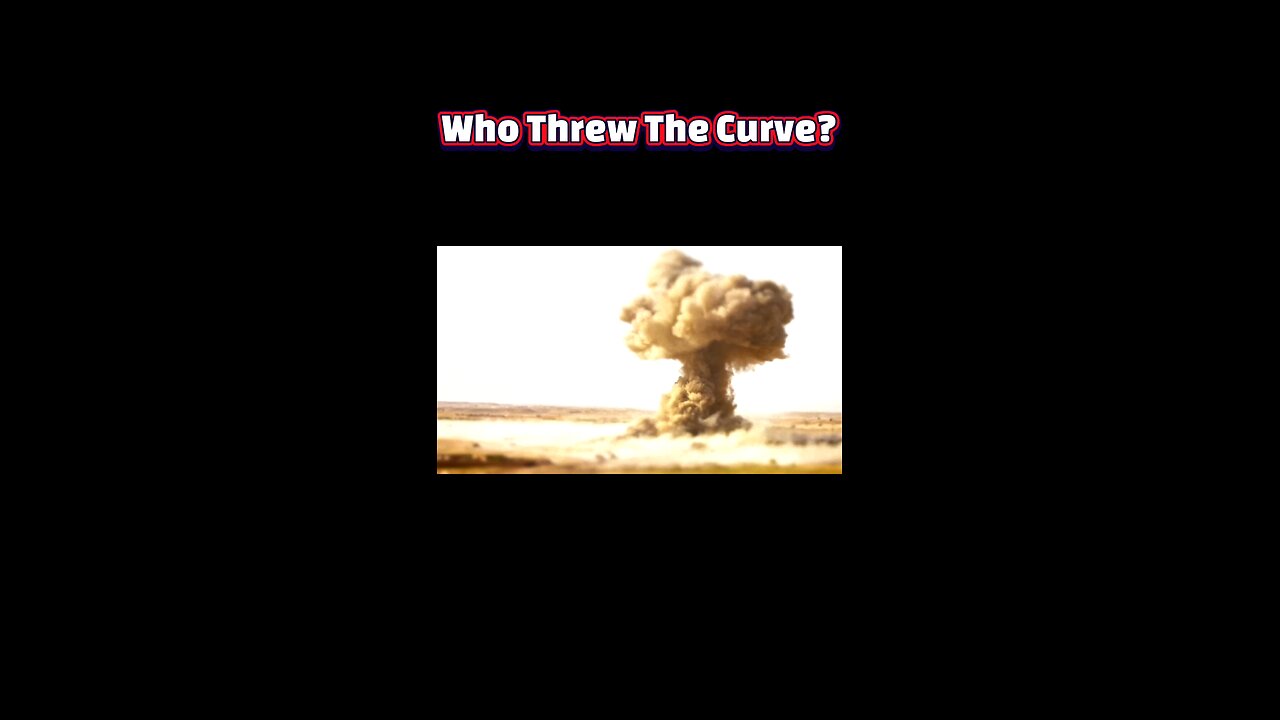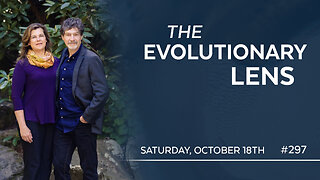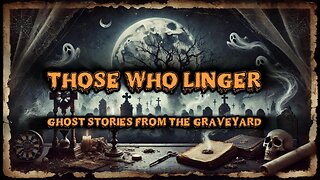Premium Only Content

Atomic vs. Nuclear Bombs: Unmasking the Explosive Truth
Atomic vs. Nuclear Bombs: Is There A Difference? Let's unravel the science and history behind these terms. While they're often used interchangeably in casual conversation, diving deeper reveals distinct nuances that are both fascinating and vital to understanding modern warfare.
An atomic bomb. derives its power from nuclear fission—the splitting of heavy atomic nuclei, like uranium or plutonium. This process triggers a rapid chain reaction, releasing an immense amount of energy almost instantaneously. Think of it as unleashing nature’s raw power in a single, devastating moment.
Conversely, the term nuclear bomb serves as an umbrella term that covers all weapons harnessing nuclear energy, including both fission-based weapons (atomic bombs) and those that employ nuclear fusion, known as hydrogen bombs. The overlap in terminology often leads to confusion, but it’s a crucial distinction.
Historically, the first nuclear weapons deployed in warfare were atomic bombs, marking a turning point in human conflict during World War II. In the following decades, the evolution of technology led to the development of fusion-based bombs, which dramatically increased explosive yield and transformed global strategic dynamics.
The science behind these devices is as distinct as their names. In a fission reaction, splitting atoms releases energy, while a fusion reaction—where light nuclei merge under extreme conditions—requires a fission bomb as a trigger. This two-stage process in fusion bombs creates yields that far exceed those of pure fission bombs.
The difference in reactions translates directly into differences in destructive power. Although atomic bombs are devastating, fusion bombs take lethality to another level by magnifying the energy output many times over, creating shockwaves, thermal pulses, and radiation bursts that can devastate beyond immediate impact zones.
A common misconception is to view “atomic” and “nuclear” as synonymous. In truth, while all atomic bombs are nuclear (since they use nuclear reactions), not every nuclear weapon is atomic. Hydrogen bombs, for instance, combine fission and fusion, making them a unique subclass within the nuclear bomb category.
In the end, understanding that atomic bombs pertain specifically to fission while nuclear bombs encompass both fission and fusion devices provides a clearer picture of their capabilities and evolution. This distinction not only enriches our grasp of scientific principles but also the historical trajectory of military technology.
#AtomicVsNuclear #ScienceExplained #HistoryDeepDive #AtomicVsNuclear #FissionFusion #BombTech #NuclearHistory #ScienceExplained
-
 LIVE
LIVE
Darkhorse Podcast
2 hours agoThe 297th Evolutionary Lens with Bret Weinstein and Heather Heying
359 watching -
 1:21:31
1:21:31
Michael Franzese
15 hours agoTrump Derangement Syndrome Is On The Way Out | Live with Michael Franzese
81K74 -
 9:22
9:22
Colion Noir
6 hours agoArmed Woman Drags Gunman Out of Store Before Firing Two Shots
64.3K33 -
 LIVE
LIVE
Jeff Ahern
2 hours agoThe Saturday Show with Jeff Ahern
177 watching -
 44:34
44:34
Chris Harden
2 days agoWhat Happened to Rock Island, Illinois?
3.59K2 -
 30:56
30:56
Advanced Level Diagnostics
6 days ago2004 Chevy Silverado - Won't Shut Off!
3.89K -
 7:05
7:05
Spooky Grandpa's Scary Stories
7 months agoThose Who Linger - Halloween, Ghost Stories, Horror, Haunted, Cemetery, Folklore
3.09K15 -
 2:23
2:23
Memology 101
1 day ago $0.63 earnedAOC spits completely made-up BULLSH*T during UNHINGED anti-Republican rant
3.5K24 -
 1:55
1:55
NAG Daily
20 hours agoHEADLINES FOR THE JILTED MASSES W/GreenMan Reports
1.76K1 -
 LIVE
LIVE
GrimmHollywood
4 hours ago🔴LIVE • GRIMM HOLLYWOOD • ARC RAIDERS • DAY 2 •
143 watching